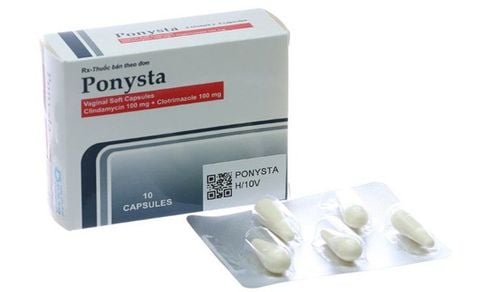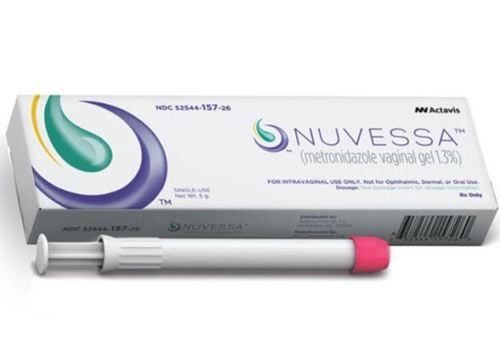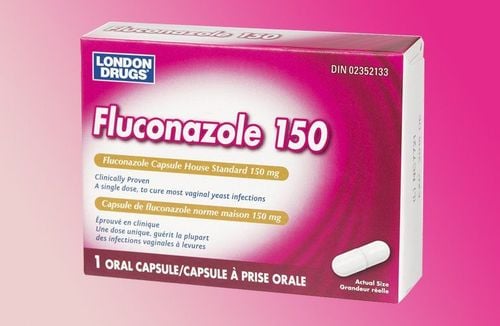This is an automatically translated article.
Vaginal thrush is a fairly common gynecological disease for women. Therefore, finding out the causes and ways to prevent this disease is an effective way to avoid getting sick. Reinforce your knowledge of vaginal yeast infections with the multiple choice questions below.
1. What are the most common symptoms of a vaginal yeast infection?
Bleeding Fever Itching Answer: Itching.
If you have a vaginal yeast infection, you will most likely experience itching in the vaginal area. Other symptoms include a burning sensation, soreness, burning pain during sex, pain when urinating, and thick and white vaginal discharge.
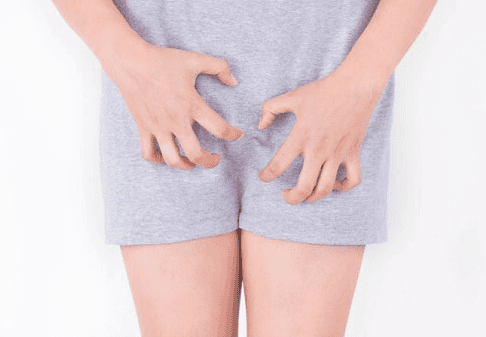
Nhiễm nấm âm đạo có thể gây ngứa ở vùng âm đạo
2. What percentage of women will get a yeast infection at some point in their lives?
About 25% About 40% About 60% About 75% Answer: About 75%
Most women will have at least one vaginal yeast infection with symptoms at some point and nearly half will have two or more than twice.
3. Is vaginal yeast infection caused by bacteria true or false?
True False Answer: False
Yeast is a fungus. Most yeast infections are caused by an overgrowth of the fungus Candida albicans. Candida albicans is most commonly found in the vagina and is also commonly found in the mouth, digestive tract, and on the skin. It can be overgrown under certain conditions.
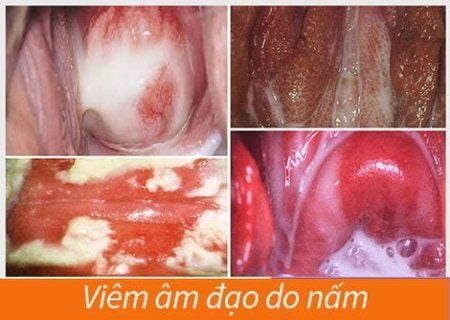
Viêm âm đạo do nấm
4. Yeast infections can be sexually transmitted, true or false?.
True False Answer: True
Vaginal yeast infection although not considered a sexually transmitted infection . But there is a very rare (about 15%) chance that men can develop symptoms such as an itchy rash on the penis after having unprotected sex with an infected woman. Uncircumcised men have a higher risk of developing a rash than other men.
5. About two-thirds of women buy over-the-counter medications to treat vaginal yeast infections even though they don't have yeast infections.
True False Answer: Yes
If you suspect you have a yeast infection but are unsure, it is best to see a doctor. Because the symptoms of the disease can manifest in many forms and when not treated appropriately can lead to serious complications. Ask your doctor before treating a yeast infection if you are pregnant, have never been diagnosed with a yeast infection, or have recurrent yeast infections.
6. Is it true that women should douche regularly to prevent yeast infections?
True False Answer: False
Most doctors recommend women not to douche. Douching changes the acidity level of the vagina and throws off the balance of organisms that live in it. Wash only the outer folds of the vulva with warm water and mild soap.
7. Which of the following can help prevent vaginal yeast infections?

Tránh tắm nước quá nóng có thể giúp ngăn ngừa nhiễm trùng nấm âm đạo
Wear cotton underwear Avoid hot tubs and very hot showers Avoid scented hygiene products (spray, tampons, etc.) All of the above Answers : All of the above
You can reduce your risk of getting a yeast infection by wearing cotton underwear because it's cooler than synthetic underwear and doesn't trap perspiration. Avoid douching and avoid using feminine sprays as they can cause irritation. Avoid hot tubs or very hot showers. Change tampons or pads regularly during your period. Do not wear wet clothes and avoid tight underwear, tight pants, and jeans.
8. Eating yogurt is an effective treatment for vaginal yeast infections, is it true or false?
True False Answer: False
Some yogurts contain Lactobacillus acidophilus. This is a type of “friendly” bacteria that live in the digestive, urinary and genital systems. But there isn't enough scientific evidence to say that yogurt effectively treats or prevents vaginal yeast infections.
9. Taking which of the following medicines can increase your chances of getting a vaginal yeast infection while using them?

Khi sử dụng thuốc tránh thai sẽ có nguy cơ bị nhiễm trùng âm đạo
Contraceptives Antibiotics Steroids All of the above Answers: All of the above
Certain medications including birth control pills, some antibiotics and steroids can alter the balance. acidity of the vagina and promotes yeast growth and increases the risk of vaginal infections.
10. Women will not get yeast infections after menopause is it true or false?
True False Answer : False
Menopause causes hormonal changes that can affect the balance of yeast or bacteria in the vagina and lead to yeast infections.
11. Recurrent yeast infections can be related to pre-existing medical conditions True or false?
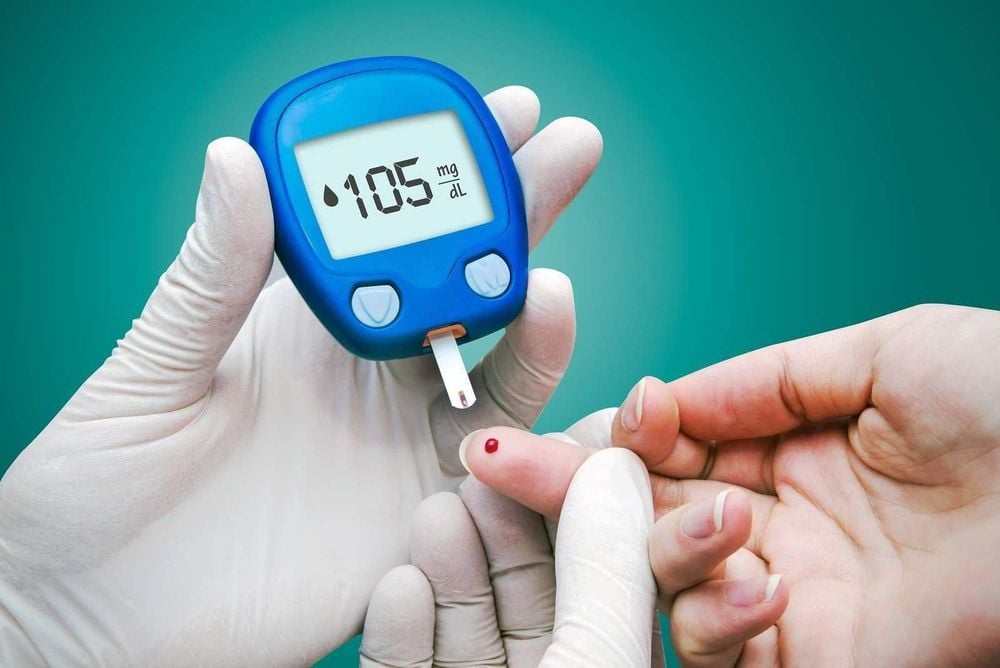
Nhiễm trùng nấm men tái phát có thể liên quan đến bệnh tiểu đường của bạn
True False Answer: True
Recurrent yeast infections are defined as a person having four or more infections in a year. Recurrent yeast infections may be associated with other medical conditions such as diabetes or HIV, and patients with recurrent yeast infections may require medical attention. They can also be caused by yeast that is resistant to antifungal medications.
Currently, Vinmec International General Hospital has a basic gynecological examination and screening package, when registering for the Basic Gynecological Examination and Screening Package, customers will receive:
Gynecological specialty examination Transvaginal Uterine and Ovarian Ultrasound, Bilateral breast ultrasound, Tests such as: Treponema pallidum rapid test, Chlamydia rapid test, taking samples for cervical-vaginal cytology, bacteriological staining ( female vaginal fluid), HPV genotype PCR automated system, Total urinalysis by automatic machine.
Please dial HOTLINE for more information or register for an appointment HERE. Download MyVinmec app to make appointments faster and to manage your bookings easily.
Reference source: webmd.com





